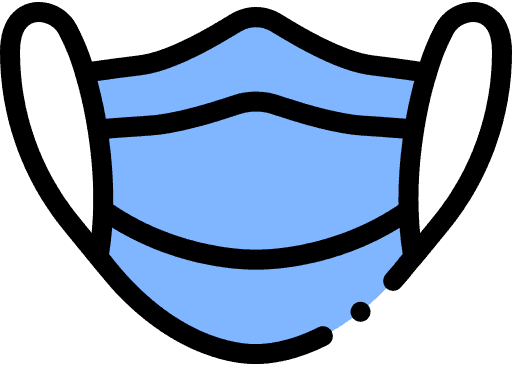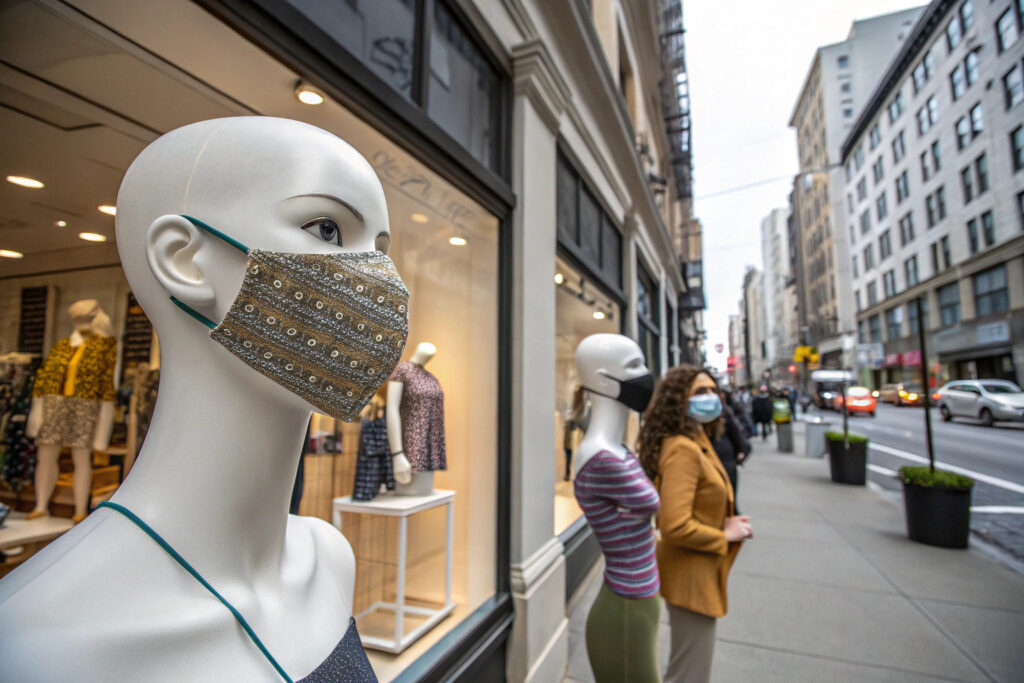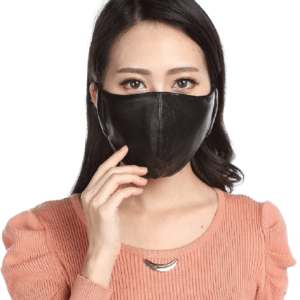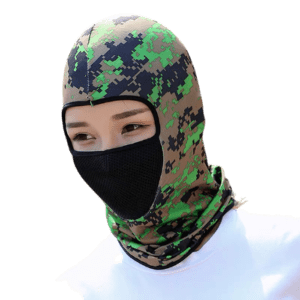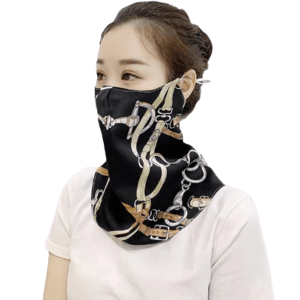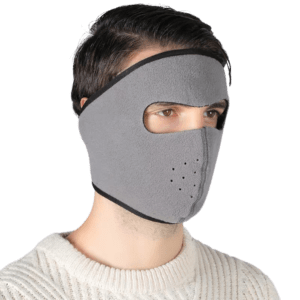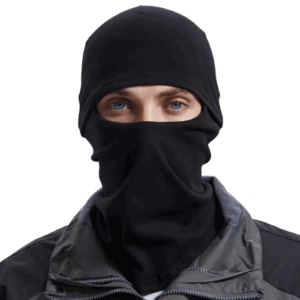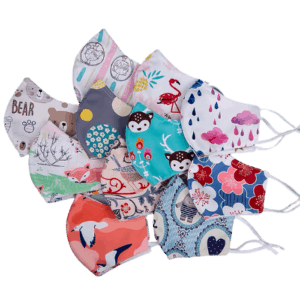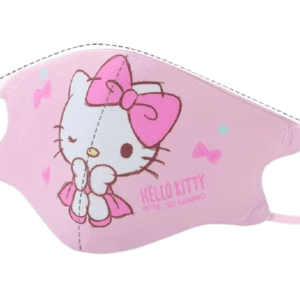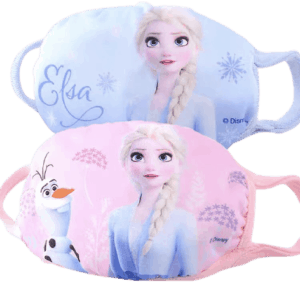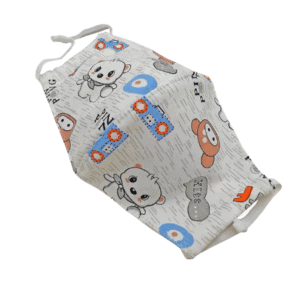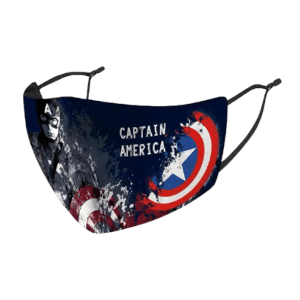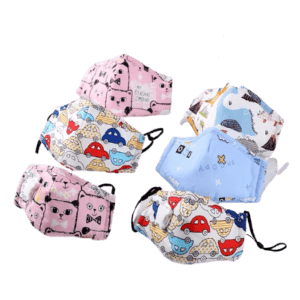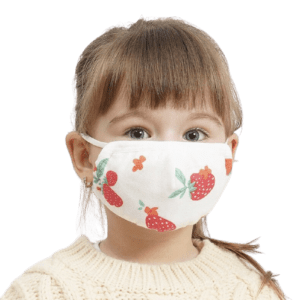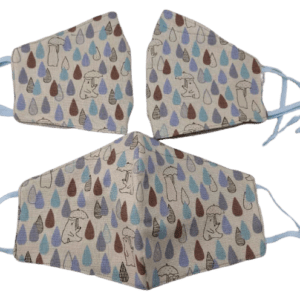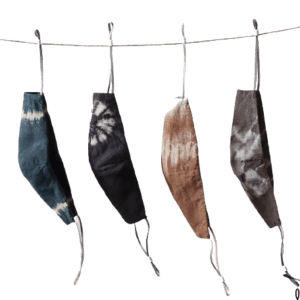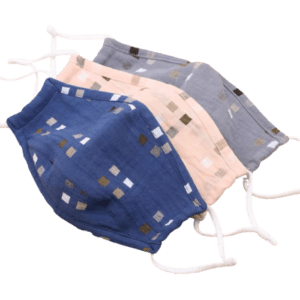Duckbill masks exploded into popularity during the height of the pandemic for their unique profile, breathability, and medical-style silhouette. With public health mandates relaxed, many question whether these once-essential items have any commercial relevance in today’s U.S. market. As manufacturers, we’ve closely tracked demand shifts and retailer preferences.
Yes, duckbill-style fabric masks remain moderately popular in the U.S.—especially among healthcare-related retail, allergy-conscious consumers, and fitness brands seeking breathable, secure-fit face coverings. However, trends show a shift toward style-integrated and multi-functional versions.
If you’re sourcing fabric masks or developing your own mask line, this article breaks down who’s still buying duckbill masks, why the demand is evolving, and how we as manufacturers are responding to new market signals.
Who Is Still Buying Duckbill Fabric Masks in 2025?
Demand for duckbill-style fabric masks has shifted from mass-market to specialized niches.
Duckbill masks are still purchased by healthcare workers, allergy-prone individuals, and fitness-conscious users who prioritize breathability and a no-gap fit.
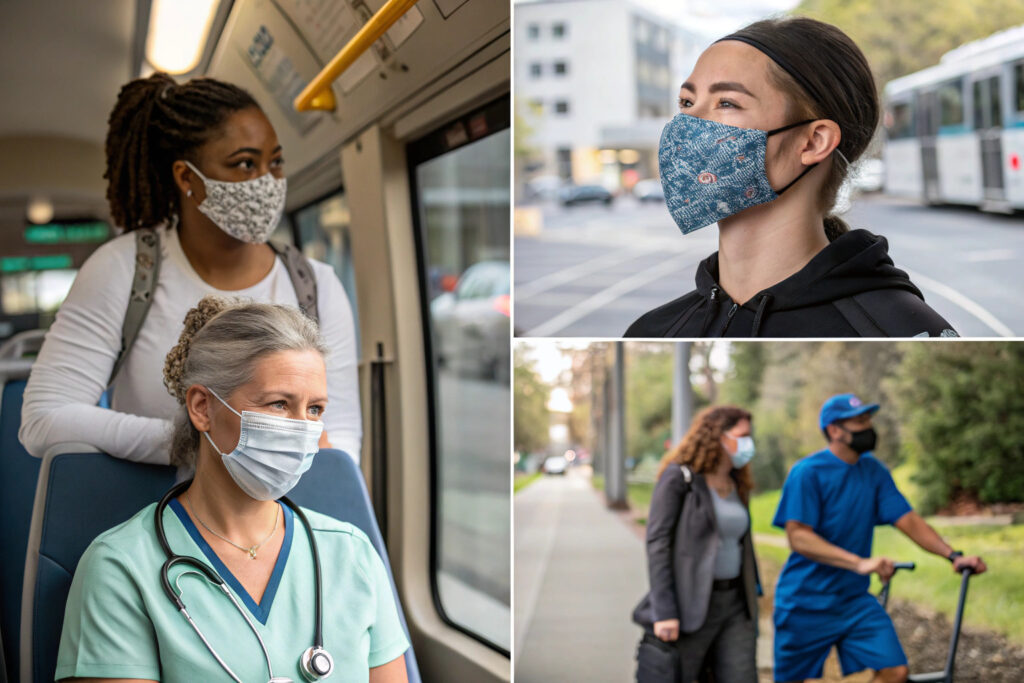
Why Do Healthcare Workers Prefer Duckbill Masks?
Even in a post-pandemic landscape, nurses, caregivers, and dental hygienists often wear reusable duckbill-style masks as backup protection or as comfortable alternatives for long shifts. Their cone-shaped profile reduces facial pressure, unlike flat masks or rigid N95s.
Many procurement managers in smaller clinics or outpatient centers seek fabric duckbill masks with inner filter pockets, offering an economical alternative to disposable gear. Suppliers like Scrubs & Beyond and AllHeart still stock duckbill mask styles for professional use.
Are Allergy Sufferers Still Wearing Them?
Yes. In high-pollen or wildfire-affected regions, seasonal allergy sufferers turn to duckbill masks for outdoor activities. The angled design allows better airflow, while reusable cotton or bamboo options with activated filters appeal to eco-conscious buyers.
Popular wellness retailers like iHerb and eco marketplaces like EarthHero often promote stylish duckbill options in spring/summer product rotations.
How Do Duckbill Masks Compare to Other Styles Today?
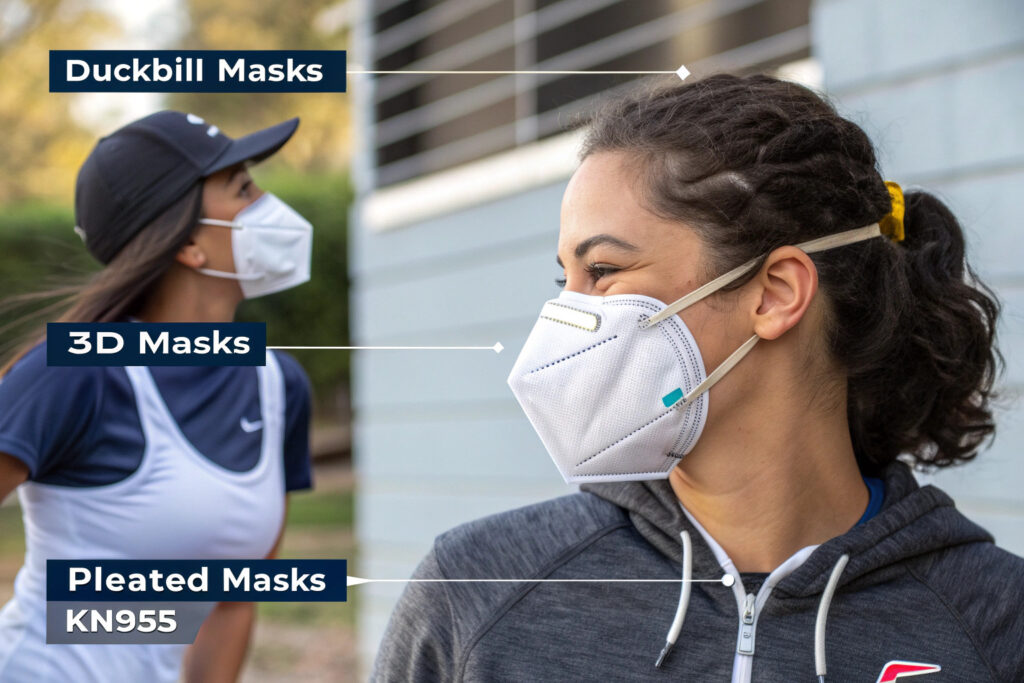
Duckbill masks aren’t disappearing—but they are evolving alongside new mask trends.
Compared to 3D sports masks and fashion-forward designs, duckbill masks offer superior breathability but less in style integration and adjustability.
Are Duckbill Masks More Breathable Than 3D-Fitted Masks?
Yes. The duckbill shape creates a natural air chamber in front of the mouth and nose. This reduces humidity and makes them ideal for long wear or cardio activity. Many outdoor brands are now modifying duckbill styles using mesh liners or moisture-wicking fabrics for added comfort.
Check out product comparisons from sites like Wirecutter or athletic brands like Under Armour that have adopted hybrid duckbill elements.
Are Duckbill Masks Stylish Enough for Daily Fashion?
This is their weak spot. Traditional duckbill masks were designed for function, not form. In today’s market, buyers expect aesthetic harmony—colorways, patterns, and slim-fit profiles.
As a result, we now offer duckbill hybrids with printed outer shells, 3D contour seams, and interior filter pouches to match modern preferences. Check our full catalog at Global-Caps to see the latest adaptations.
What Are the Most Popular Materials for Duckbill Masks Now?
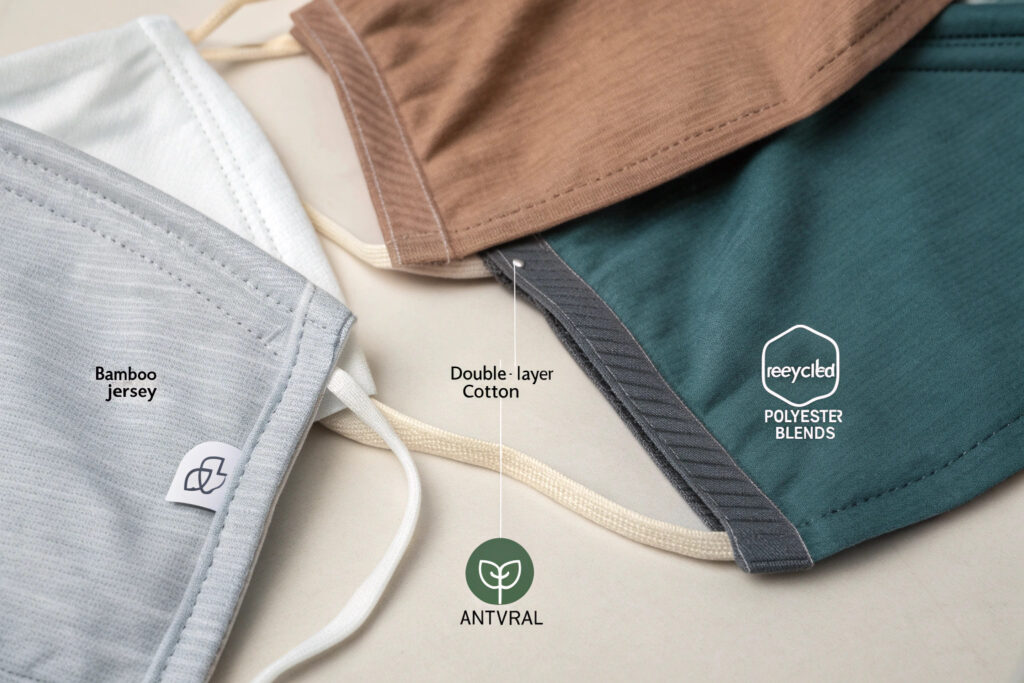
Material innovation is key to keeping duckbill masks competitive in a changing market.
Bamboo jersey, moisture-wicking knits, and dual-layer recycled polyester are the current top fabrics for duckbill mask manufacturing.
Why Are Bamboo and Tencel™ Blends Gaining Traction?
Bamboo fabric offers superior softness, breathability, and natural antibacterial properties. It resists odor buildup, making it ideal for people who wear masks daily. Tencel™, a branded lyocell fiber, adds a cooling effect and sustainable appeal.
Sustainable fashion blogs like Good On You and fiber producers like Lenzing highlight their growing role in next-gen masks.
Are Recycled Polyester Masks Still in Demand?
Yes, especially among Gen Z and conscious consumers. Brands that emphasize eco-packaging and rPET materials have seen better conversions. Using rPET with antiviral finishes or water-resistant coatings has allowed duckbill masks to retain relevance in athleisure and wellness categories.
Manufacturers like Polygiene and HeiQ supply textile innovations to enhance functionality without sacrificing softness.
How Can Manufacturers Innovate Duckbill Mask Designs?
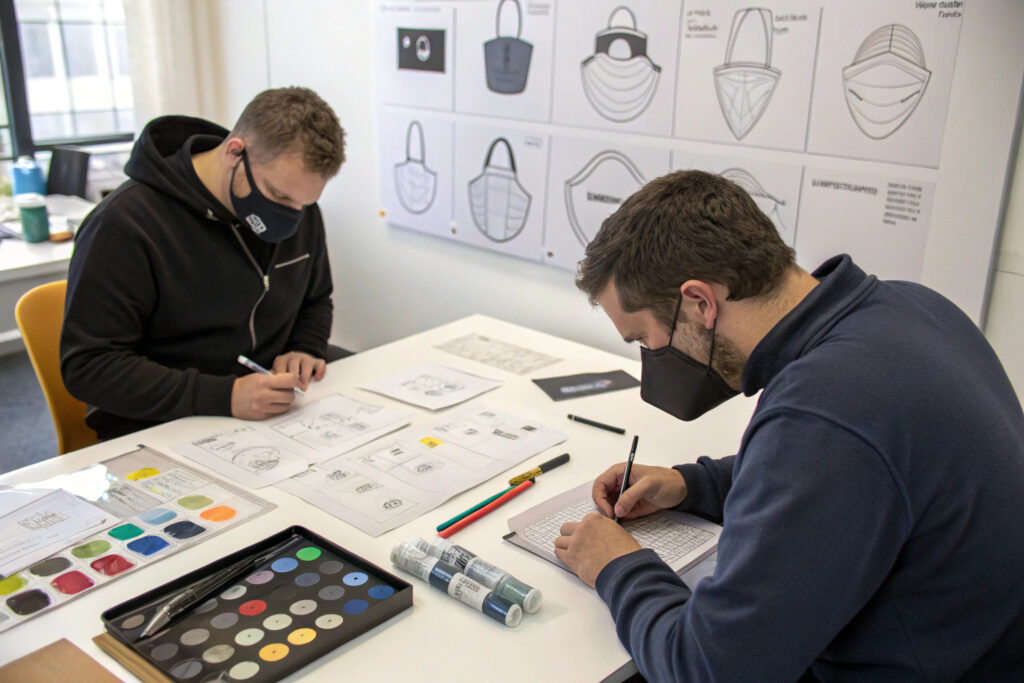
Innovation is essential for sustained demand. We continue to reimagine duckbill masks to match lifestyle and regulatory shifts.
Adding adjustable features, better color palettes, and multi-use functions has been key to keeping duckbill masks competitive.
What Design Features Make a Difference?
Today’s consumers want adjustable nose bridges, ultra-soft ear loops, and integrated filter pockets. Even detachable mask chains are now expected in upscale categories.
We’ve begun implementing heat-bonded seams for seamless edges, making duckbill masks more visually appealing. Sources like Fashion-Incubator or Techpacker are useful for design spec best practices.
How Do You Market Duckbill Masks in 2025?
The message has shifted from “protection” to “comfort + wellness.” Brands using keywords like “breathable for allergies”, “eco athleisure face gear”, and “filter-ready everyday mask” gain more traction on platforms like Etsy, Google Shopping, and even Amazon Handmade.
Check current trends on Google Trends or explore keyword demand via Ahrefs.
Conclusion
Duckbill-style fabric masks haven’t vanished—they’ve simply evolved. They now thrive in niches like healthcare, fitness, allergy relief, and sustainable lifestyle. With thoughtful updates in materials and design, they still hold significant relevance in the 2025 U.S. market.
If you’re planning to develop or bulk source duckbill fabric masks with modern functionality and certification-ready specs, reach out to Shanghai Fumao. Contact our Business Director Elaine at elaine@fumaoclothing.com and we’ll help tailor the perfect solution.
